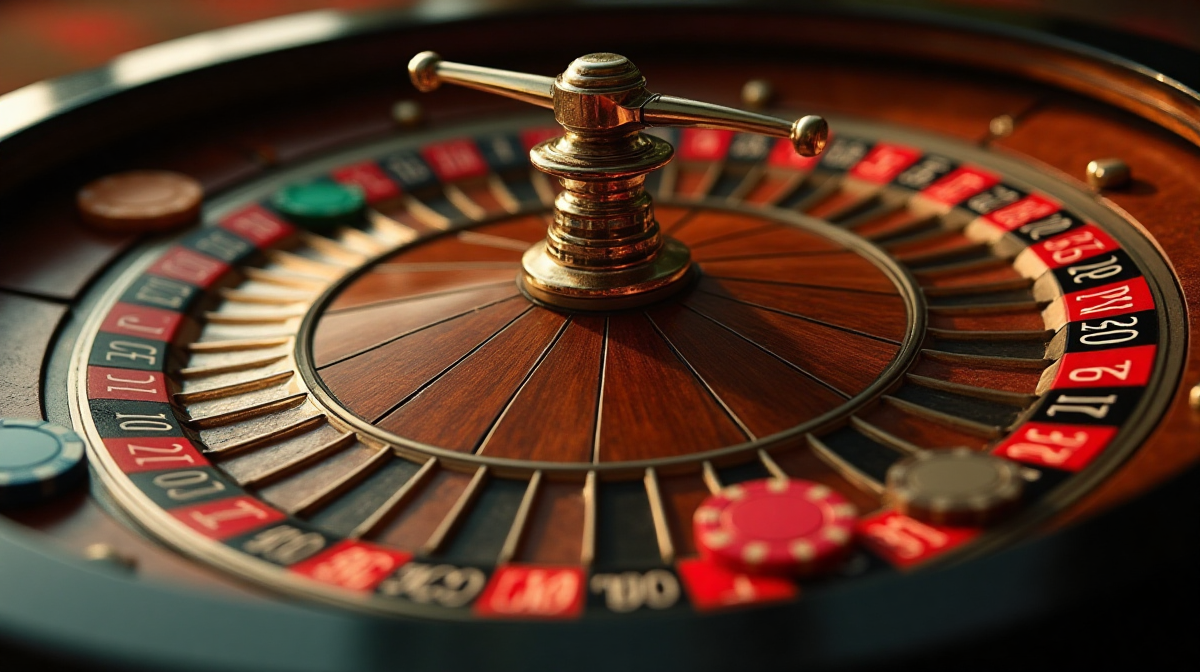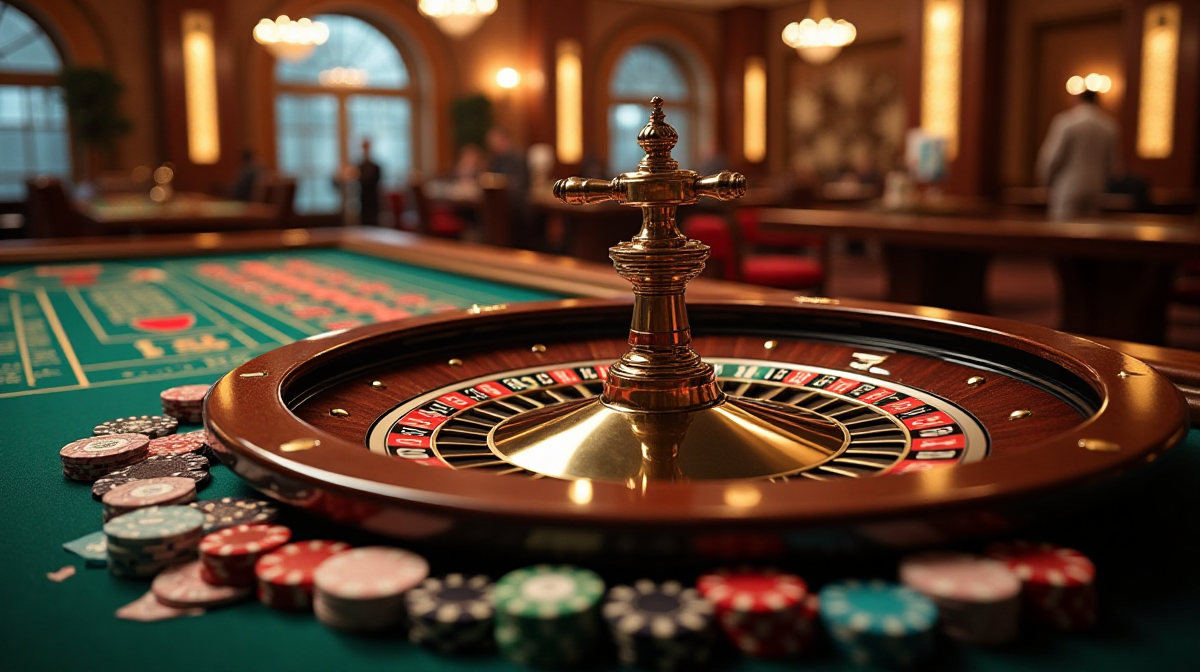Odd vs. Even Bets: What Does It Actually Mean?
Hook - The Appeal of Simple Bets
In the world of sports betting, complex strategies and in-depth analysis often take center stage. However, some of the most popular bets are remarkably simple, offering a quick and easy entry point for newcomers and a refreshing change of pace for seasoned bettors. Among these, odd/even bets stand out. They tap into a fundamental understanding of numbers, offering a straightforward way to wager on the outcome of a game. But what exactly are odd/even bets, and what should you know before placing one?
What are Odd vs. Even Bets? - A Basic Explanation
Odd/even bets revolve around the total number of quantifiable events in a game – typically goals in football, points in basketball, or runs in cricket. You’re not predicting which team will win, but rather whether the final total will be an odd number or an even number. It's a binary proposition: odd or even. Understanding this basic concept is the first step, and often, a look at the current premier league table 2023/24 can give you a sense of scoring trends.
Why are they Popular?
The popularity of odd/even bets stems from their accessibility. They require minimal knowledge of the teams or players involved, focusing solely on the final numerical outcome. This makes them attractive to casual bettors. Furthermore, the results are quickly determined, providing instant gratification (or disappointment!). They are often a good starting point for understanding bet odd dynamics.
Understanding the Basics of Odd & Even Numbers in Betting
What Constitutes an Odd Result?
An odd result simply means the final total of the chosen metric (goals, points, runs) is an odd number. Examples include 1, 3, 5, 7, and so on. For instance, if a football match ends 2-1, the total goals scored are 3 – an odd number, making it an odd result for betting purposes.
What Constitutes an Even Result?
Conversely, an even result occurs when the final total is an even number. Examples include 2, 4, 6, 8, and so on. If a basketball game finishes with a score of 88-80, the total points scored are 168 – an even number, resulting in an even bet outcome. Knowing what is the meaning of odd/even in bet is crucial for placing informed wagers.
Examples Across Different Sports
- Football: Total goals scored in a match.
- Basketball: Total points scored by both teams.
- Cricket: Total runs scored in an innings.
- Hockey: Total goals scored in a game.
- Tennis: Total games played in a match (less common, but possible).
How are Results Determined?
The method for determining the result is straightforward. Add up the relevant statistics for the chosen event. The resulting sum is either odd or even, dictating the winning side of the bet.
How Odd/Even Bets Work - Mechanics & Types
Over/Under Odd/Even Goals/Points/Runs – A Common Variation
A popular variation involves combining odd/even bets with over/under totals. For example, Over 2.5 Goals & Odd would require both conditions to be met: the total goals must be greater than 2.5 and the final goal tally must be an odd number.
Direct Odd/Even Prediction – Betting on the Total Result
This is the most basic form. You simply predict whether the total will be odd or even. The odds offered reflect the perceived probability of each outcome. Comparing bet odd tips today can help identify potentially valuable wagers.
Asian Handicap & Odd/Even Combinations
While less common, some bookmakers offer combinations of Asian Handicap and odd/even bets, adding a layer of complexity. This requires a deeper understanding of both betting types.
The Role of the Bookmaker/Exchange
Bookmakers and betting exchanges facilitate these bets, setting the odds and providing a platform for users to place their wagers. They profit from the vig or margin built into the odds, ensuring a profit regardless of the outcome.
Probability and Odds – Breaking Down the Numbers
Theoretical Probability of Odd vs. Even Results
Initially, the theoretical probability of an odd or even result appears to be 50/50. However, this isn't always the case. Factors like the nature of the sport and scoring systems can introduce slight biases. For example, in football, draws are relatively common, and a 0-0 draw is an even result.
How Bookmakers Adjust Odds – Margin/Vig Explained
Bookmakers don't offer true 50/50 odds. They incorporate a margin, known as the vig, to guarantee a profit. This means the implied probability of odd and even outcomes will add up to more than 100%.
Calculating Potential Payouts
Let's say the odds for Odd are 1.90. A £10 bet on Odd would return £19 if your prediction is correct (£10 stake + £9 profit). Understanding how to calculate payouts is essential for responsible betting.
Understanding Decimal, Fractional, and American Odds in Relation to Odd/Even
Odds are presented in different formats. Decimal odds (like 1.90 above) are common in Europe. Fractional odds (e.g., 9/10) are prevalent in the UK. American odds (e.g., -110) are used in the US. Regardless of the format, the underlying principle remains the same: to indicate the potential payout relative to the stake.
Strategies & Considerations for Odd/Even Betting
Analyzing Team/Player Statistics – Identifying Trends
While odd/even bets seem simple, analyzing historical data can reveal patterns. Some teams consistently score odd numbers of goals, while others tend towards even totals. Looking at the premier league table 2024/25 predictions early in the season can also highlight potential scoring trends.
Considering Game Context -
Game context matters. Home advantage, intense rivalries, and even weather conditions can influence the final score and, consequently, the odd/even outcome.
Bankroll Management – Responsible Betting
Always set a budget and stick to it. Never bet more than you can afford to lose. Proper bankroll management is crucial for long-term success.
Avoiding Common Mistakes
Avoid the temptation to chase losses. Emotional betting leads to poor decisions. Stay disciplined and objective.

Advanced Considerations & Variations
Live/In-Play Odd/Even Betting – Opportunities & Risks
Live betting offers dynamic odds that change in real-time based on the game's progress. This presents opportunities to capitalize on shifting momentum, but also carries increased risk.
Correlating Odd/Even Bets with Other Markets
Combining odd/even bets with other markets, like total goals, can create more complex and potentially lucrative wagers.
Arbitrage Opportunities
In rare cases, arbitrage opportunities may arise where you can profit by placing bets on both odd and even outcomes at different bookmakers, exploiting discrepancies in the odds.

Risks and Drawbacks of Odd/Even Betting
The House Edge – Why It Matters
The bookmaker's margin (vig) ensures that they have a statistical advantage over the long term. This means that, on average, you're likely to lose money.
The Importance of Variance – Short-Term vs. Long-Term Results
Short-term results can be unpredictable due to variance. A string of winning or losing bets doesn't necessarily indicate a flawed strategy.
The Potential for Low Payouts
Due to the bookmaker's margin, the potential payouts on odd/even bets are typically lower compared to more complex betting markets.
Conclusion
Recap: Odd vs. Even Bets – A Simple But Potentially Rewarding Option
Odd/even bets offer a simple and accessible entry point into the world of sports betting. While not offering the highest potential payouts, they can be a fun and engaging way to wager on your favorite sports. Understanding the underlying principles and managing your risk are crucial for success.
Final Thoughts on Responsible Gambling
Remember to gamble responsibly. Set a budget, stick to it, and never bet more than you can afford to lose. If you feel you may have a gambling problem, seek help. Always be aware of the bet odd and gamble within your means.

